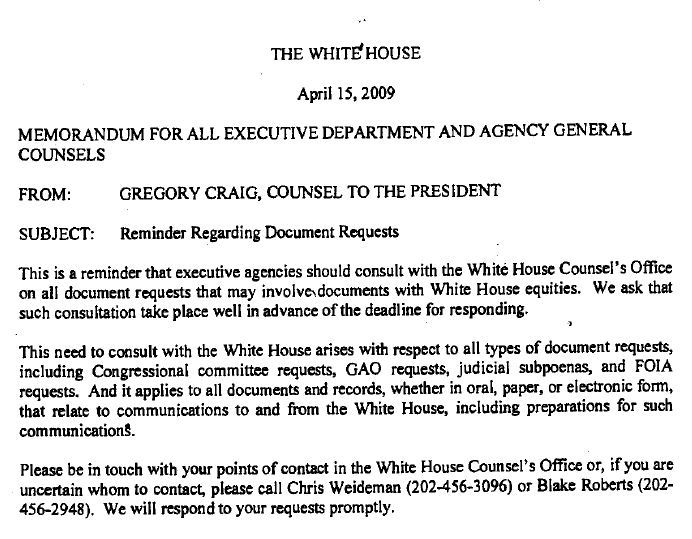Washington, DC – Cause of Action Institute (“CoA Institute”) today filed a lawsuit against the White House Office of Management and Budget (“OMB”) for failing to act on two petitions for rulemaking submitted well over a year ago. Both petitions ask OMB to take its transparency obligations seriously and enact rules that would promote public disclosure of agency records.
The first petition requests that the Office of Management and Budget update its fee guidance for Freedom of Information Act (“FOIA”) requests. OMB’s fee guidance is outdated and now conflicts with both statutory and judicial authorities. The FOIA law requires OMB to establish these guidelines and requires every agencies’ fee rules to conform to OMB’s guidance. The FOIA Advisory Committee and the Archivist of the United States have also recommended that Office of Management and Budget update this guidance.
The second petition relates to protecting taxpayers against wasteful executive branch earmarks. Previous administrations have required agencies to disclose congressional efforts to meddle in agency spending decisions, an effort first started under President George W. Bush’s Executive Order 13457. The Trump administration has yet to address this issue.
CoA Institute Counsel and Senior Policy Advisor James Valvo: “It does not appear the Trump administration has any plans to finalize these rules, which would go a long way to promoting government transparency. FOIA requesters are often deterred due to high costs agencies charge to produce records. In recent years, the courts have clarified that many groups beyond traditional journalists are now eligible for news media fee waivers. Updating OMB’s FOIA guidance to reflect this broad definition is critical. This lawsuit is a great opportunity for the Trump administration to show its leadership on transparency issues.”
The lawsuit can be found here
For information regarding this press release, please contact Zachary Kurz, Director of Communications at CoA Institute: zachary.kurz@causeofaction.org
